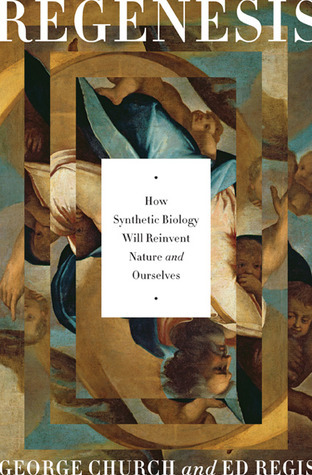What do you think?
Rate this book


304 pages, Hardcover
First published October 2, 2012
Bart: How would I go about creating a half-man, half-monkey-type creature?
Mrs. Krabappel: I'm sorry, that would be playing God.
Bart: God-schmod, I want my monkey man.